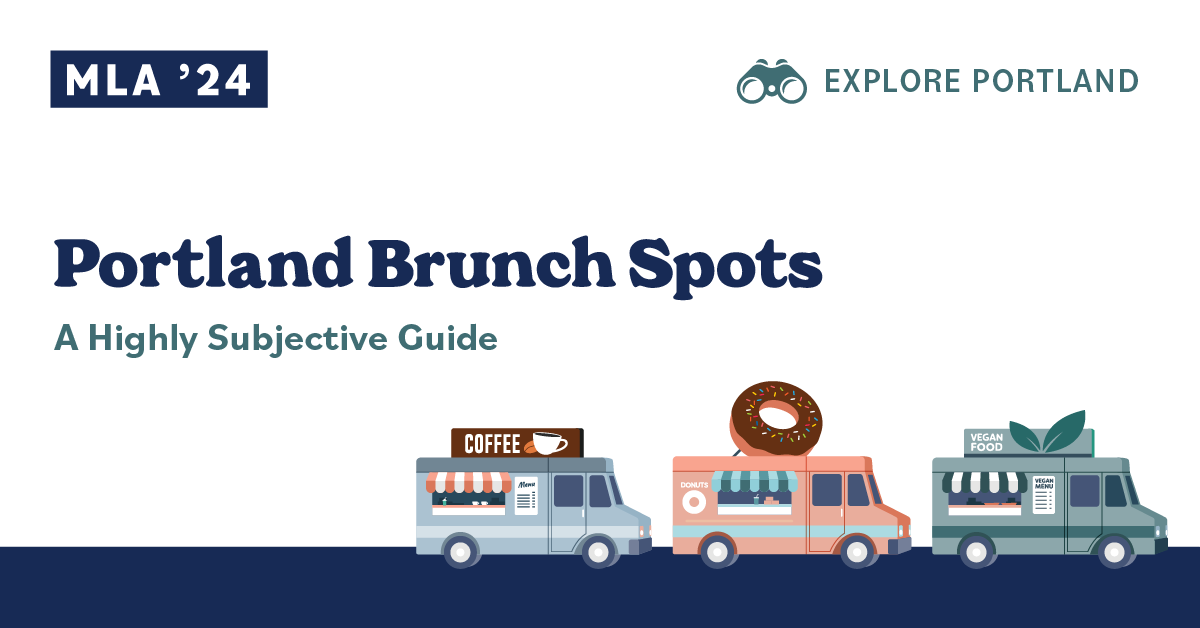Why AI? is a high-level strategic summit for health information professionals who want to impact the future of the profession. A couple of weeks ago, we offered you A Transformative Reason to Start MLA ’24 a Day Early. This week, we introduce you to the Summit panelists.
To register for the Summit, visit the conference registration page and include it in your conference registration or add it to your existing registration.
Dianne Babski is the MIM National Library of Medicine director for User Services and Collection Division. Dianne oversees the management of one of NLM's largest divisions, which entails coordinating the network of over 8,000 academic, health science, public libraries, and community organizations. She spearheaded a transformative three-year data science training program aimed at augmenting staff proficiency in data science methodologies and is currently pioneering a Generative AI pilot program, leveraging cutting-edge technology to unlock innovative pathways in biomedical discovery.
David Dorr, M.D., M.S. is the chief research information officer at OHSU (Oregon Health & Science University. His interests lie in complex care management, especially for older adults and other at-risk populations, coordination of care, collaborative care, chronic disease management, quality, and the requirements of clinical information systems to support these areas. From these interests, he has broadened into clinical information needs, Electronic Health Record (EHR) deployment, and Health Information Exchange as a way to expand systems-based approaches to all of health care and into evaluations of care management and informatics initiatives using a variety of methodologies.
Kristi Holmes, PhD is the director of the Galter Health Sciences Library and associate dean for Knowledge Management and Strategy at the Northwestern University Feinberg School of Medicine. Her work focuses on the discovery of and equitable access to knowledge through highly collaborative computational and social initiatives on local, national, and international levels. She serves on the leadership teams for the Northwestern University Clinical and Translational Sciences Institute (NUCATS) and the Institute for Artificial Intelligence in Medicine (I.AIM) and was named to Northwestern University’s Data Science and Artificial Intelligence (DS/AI) Steering Committee, established to elevate the quality and impact of Northwestern’s research and educational activities in DS/AI.
Michelle Kraft, MLS, AHIP, FMLA is the director of Library Services for the Cleveland Clinic Health System. She is a member of a team of Cleveland Clinic librarians, cardiovascular researchers, and IBM staff who are experimenting with AI applications, particularly as they relate to the discovery of research. She also experiments with AI on her own to help users with their AI experiments and to find ways medical librarians can leverage AI for their needs.
Claudine Lott, MD is a physician executive at Elsevier. A board-certified family medicine physician, Claudine draws upon her experience in clinical practice to support the development and implementation of Elsevier’s reference products, including the new ClinicalKey AI, for healthcare providers. She is passionate about developing and implementing tech-based clinical solutions that improve both patient outcomes and provider experience.
Anne Seymour, MS is the associate dean and director of Welch Medical Library and an assistant professor of the Department of Medicine-Biomedical Informatics and Data Science Section, Johns Hopkins University & Medicine. She oversees library and information services for the Schools of Medicine, Nursing, and Public Health, and the Johns Hopkins Health System and holds a faculty appointment at all three health science schools. She leads an expert team of managers, informationists, and digital systems specialists serving the information needs of, and collaborating with, faculty, researchers, clinicians, and students.
Natalie Buda Smith is the director of Digital Strategy at the Library of Congress, where she leads the use of AI and other emerging technologies to foster innovation. She is a leader in digital transformation through data, emerging technologies, and human-centered practices with over 30 years of experience in information science and technology, in the US, Europe, and India. She is strongly committed to ethical, human-centered products and services that adhere to best practices in inclusion, diversity, and accessibility.
____
As MLA implements its AI Imperative Strategic Goal, we will have more offerings that aid health sciences professionals in developing AI skills and advocating to employers, members, and the public the value, impact, and benefits of health sciences libraries and librarians in an AI world.
Coming May 2, 2024 is ChatGPT and Beyond: Strategies for Effective AI Communication. If you want to learn what AI tools can do for you and how to communicate with them to help you work more effectively and efficiently this webinar is for you.






